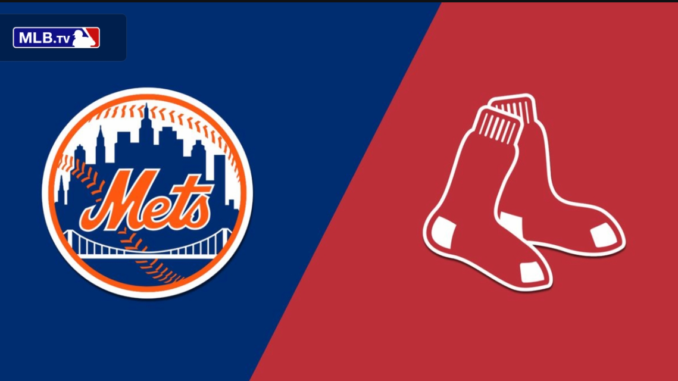
The Boston Red Sox have had an eventful offseason, especially after missing the postseason in 2024 despite being in contention for much of the year.
They’ve bolstered their starting rotation with the additions of Garrett Crochet and Walker Buehler. Crochet, a promising young ace, has the potential to take a big leap in 2025, and if he stays healthy and hits 180 innings, he could become one of the top left-handed starters in the league. Buehler, aiming for a comeback after a tough 2024 season, hopes that a fresh start and a healthy year will help him recover from his past elbow injuries.
The team also made a big splash by signing star third baseman Alex Bregman. Bregman could shift to second base for the Red Sox in 2025, but no matter where he plays, he’s a major addition.
Despite these moves, the Red Sox might not be done yet and could make another trade to free up cap space.
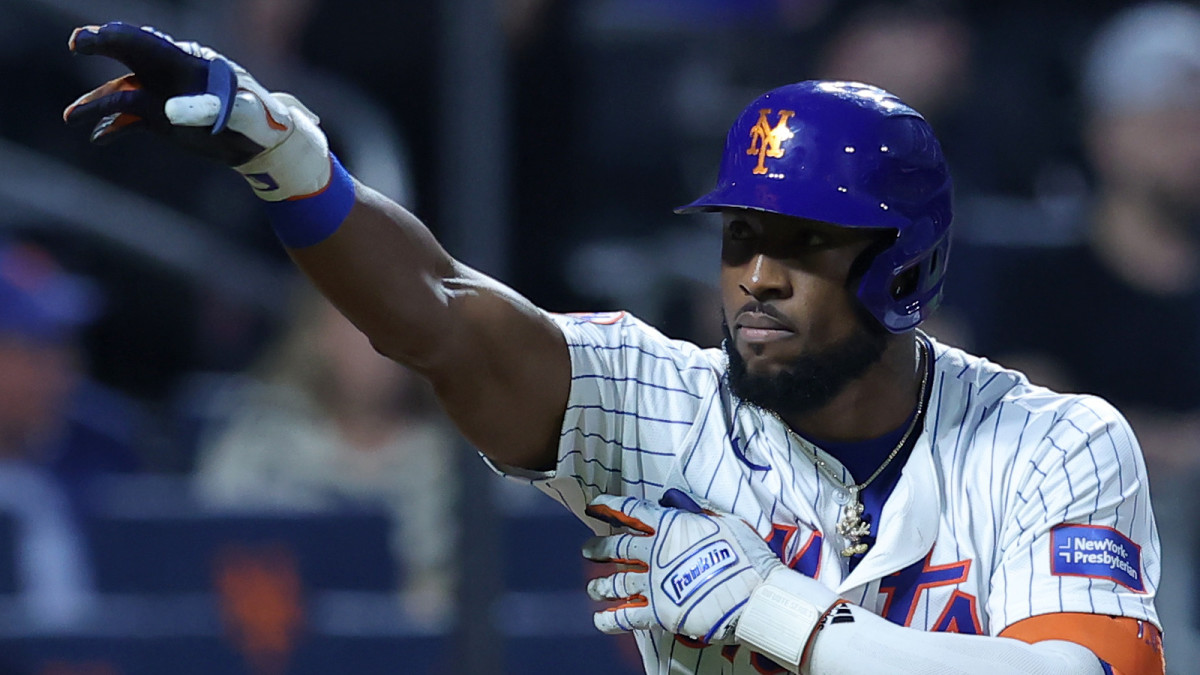
This Mets-Red Sox trade could get both teams off bad contracts
Trading designated hitter Masataka Yoshida would be a major move to free up money for the Red Sox, though it might require taking on another unfavorable contract. This is where the New York Mets and outfielder Starling Marte come into play.
Boston Red Sox
Receive: OF Starling Marte
New York Mets
Receive: DH Masataka Yoshida
This trade makes sense for both teams for several reasons. Let’s look at their 2024 seasons. Marte posted a .269/.327/.388 line with seven home runs and 13 doubles over 94 games, while Yoshida had a .280/.349/.415 line with ten home runs and 21 doubles in 108 games. Yoshida has a slight advantage offensively, but Marte offers the added value of playing the field, making them relatively comparable.
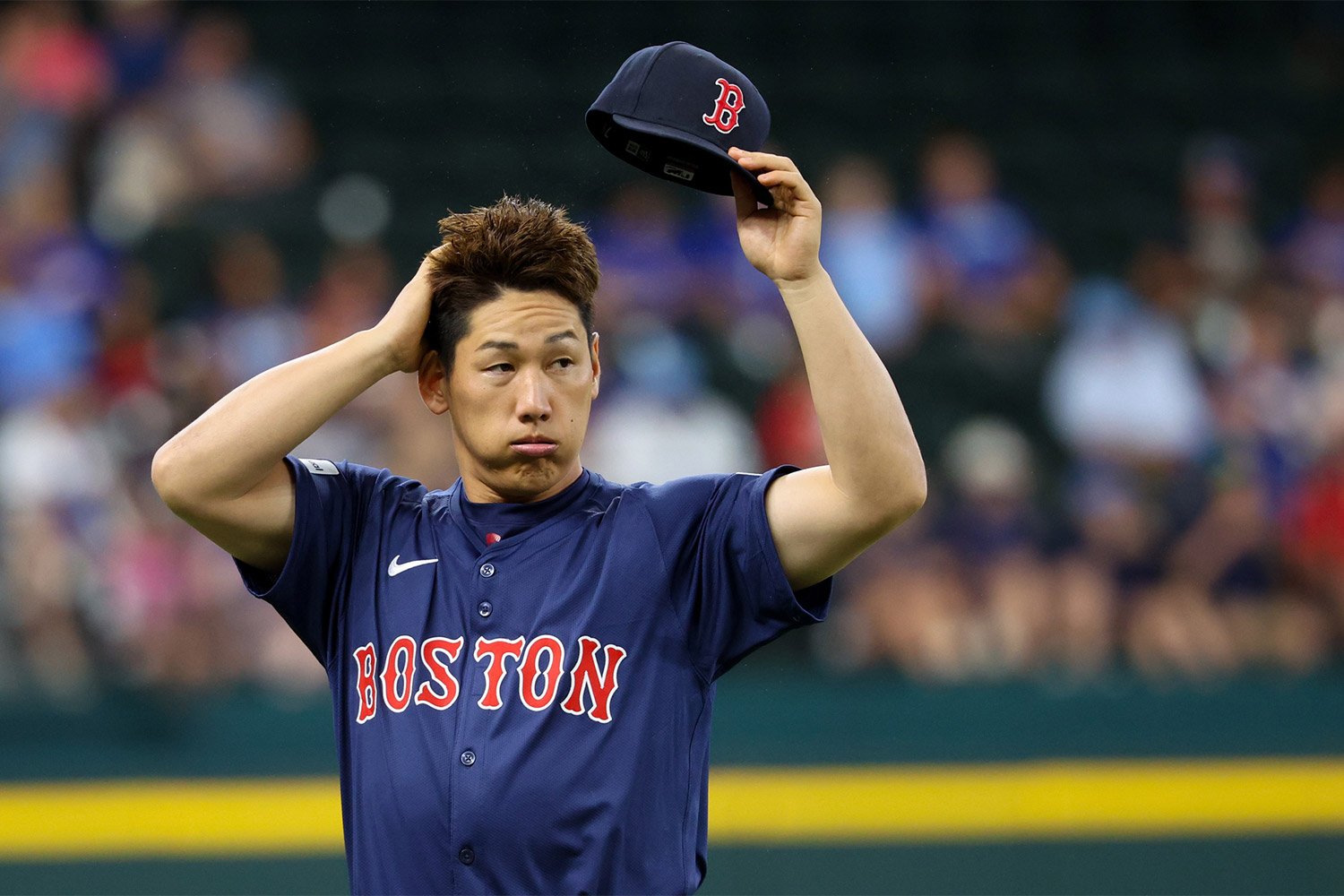
The Mets need a designated hitter like Yoshida, while Boston doesn’t necessarily require one at his price.
Although Yoshida has the better bat, his contract is the downside. He’s owed $18.6 million annually for the next three seasons, while Marte is set to make $20.75 million in 2025 before becoming a free agent.
In the end, while Boston may not get the better player, they would save nearly $40 million. Given the Mets’ financial flexibility, acquiring Yoshida could be a worthwhile investment if he continues to produce at the level he did in 2024.
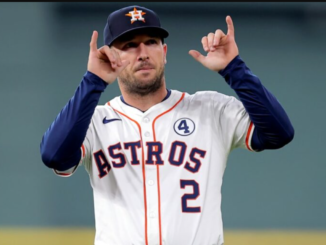

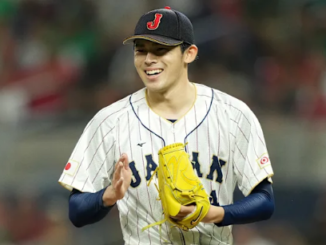
Be the first to comment